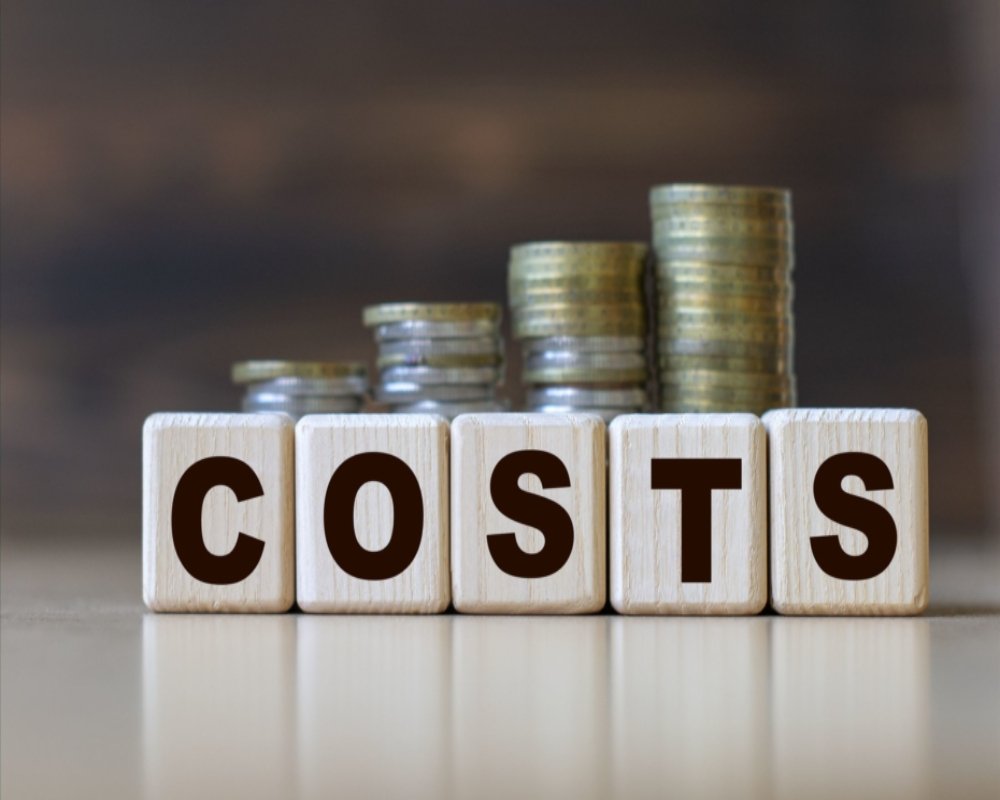Property Taxes and Assessments
One of the primary long-term holding costs is property tax, which is assessed annually based on the land’s appraised value and local tax rate. These costs can increase over time if the land appreciates or if tax rates rise.
- Annual property taxes vary by jurisdiction and land use classification
- Special assessments may apply for local infrastructure improvements
- Delinquent payments can lead to penalties, liens, or foreclosure risk
Maintenance, Insurance, and Compliance Costs
Even undeveloped land requires upkeep and protection. Owners must cover basic maintenance, liability insurance, and any costs to remain in compliance with local codes or environmental regulations.
- Maintenance includes weed control, erosion prevention, fencing, or security
- Insurance protects against liability, trespassing, or natural hazards
- Stormwater or environmental compliance fees may apply to vacant industrial parcels
Opportunity Cost and Market Risk
Holding land long-term ties up capital that could be used for other investments. Additionally, market fluctuations, zoning changes, or shifts in infrastructure planning can impact the property’s value or development potential.
- Missed revenue from not developing, leasing, or selling the property
- Zoning or use restrictions may limit future resale or development flexibility
- Market downturns could reduce property value or delay potential returns


